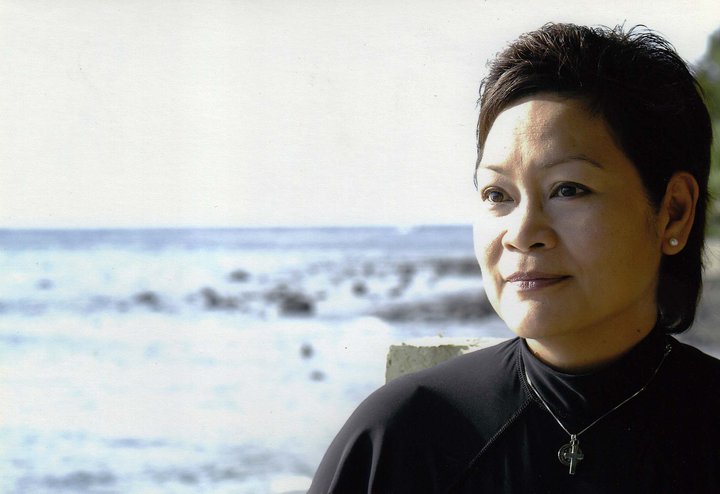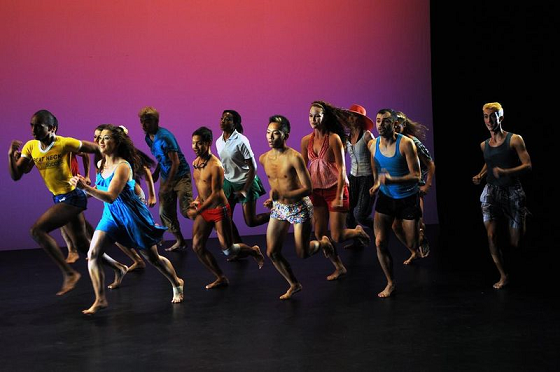The ‘masa’s’ budding revolution: The view from Washington
By Daniel de la Rosa
The best counterinsurgency weapon the Philippine government has is sending people away.
That astute insight was contained in one of the thousands of WikiLeaks cables recently released to the media. This particular cable tells a tale of unintended consequences.
A report compiled by the U.S. embassy – likely put together during the government of Gloria Macapagal Arroyo – said the ‘masa’ could be a “significant” force which could remake the Philippines. Instead, they hop a jet and fly off to jobs around the world. They are the 10 million OFWs who have left the country, toiling in wealthy people’s homes, taking care of the elderly, or sailing the seas to deliver oil on tankers. The ‘masa’ are leaving the country in droves, and this means they are unable to organize and become a force in challenging the political status quo.
“(The country) exports large numbers of ambitious individuals from the ‘masa’ who might otherwise combine to force acute social-economic issues…to the political front burner and to take a predominant political role against the entrenched elite,” the U.S. embassy cable said.
“The export of OFWs provides an enormous political-economic safety valve for the Philippines,” it concluded.
A policy that began under dictator Ferdinand Marcos to export labor has become the single, most effective counterinsurgency tool of the political status quo in the Philippines.
Washington defines the ‘masa’ as the millions of underprivileged and impoverished Filipinos who make up nearly 75 percent of the voting population. In the 2004 presidential elections, they voted for popular actor Fernando Poe Jr. and believe he was cheated. They were the same force who delivered the 1998 presidency to another popular actor, Joseph Estrada. Their concerns include lack of jobs, rising cost of living, and feelings that the government had failed to help them.
“Many complained about land titling problems, which they blamed on a government that they said did not deal decisively with pressing issues among the poor. Several mentioned corruption in the bureaucracy as the principal reason for their distrust of politicians,” read the cable. “Most expressed special concern about what they viewed as rising crime in urban poor areas, while at the same time admitting that many families actually encouraged their own children to steal in order to be able to eat.”
Unsurprisingly, and probably to the exasperation of Filipino leftists, the ‘masa’ is pro-American or at worst, neutral towards the United States.
“Views toward the U.S. and its role in the Philippines were generally positive,” said the cable. “Of special mention were favorable memories of U.S. assistance in fighting the Japanese in World War II.”
Others remained neutral in their perception of Americans, saying the U.S. “wasn’t doing anything to harm us.”
If there was a referendum, the U.S. was confident “a huge majority of Filipinos, especially among the bottom layers of society” would likely favor a return of the U.S. bases which were dismantled in 1992.
The ‘masa’ may have the numbers, but are constrained by poverty and lack of education into translating this into “effective political representation and power.”
What the U.S. sees is a force, the cable quoted independent analyst Joel Rocamora as saying that it has the capacity to “bring down a government, but not to build (it) up.”
Daniel de la Rosa is a journalist who writes about business, politics and sports.











